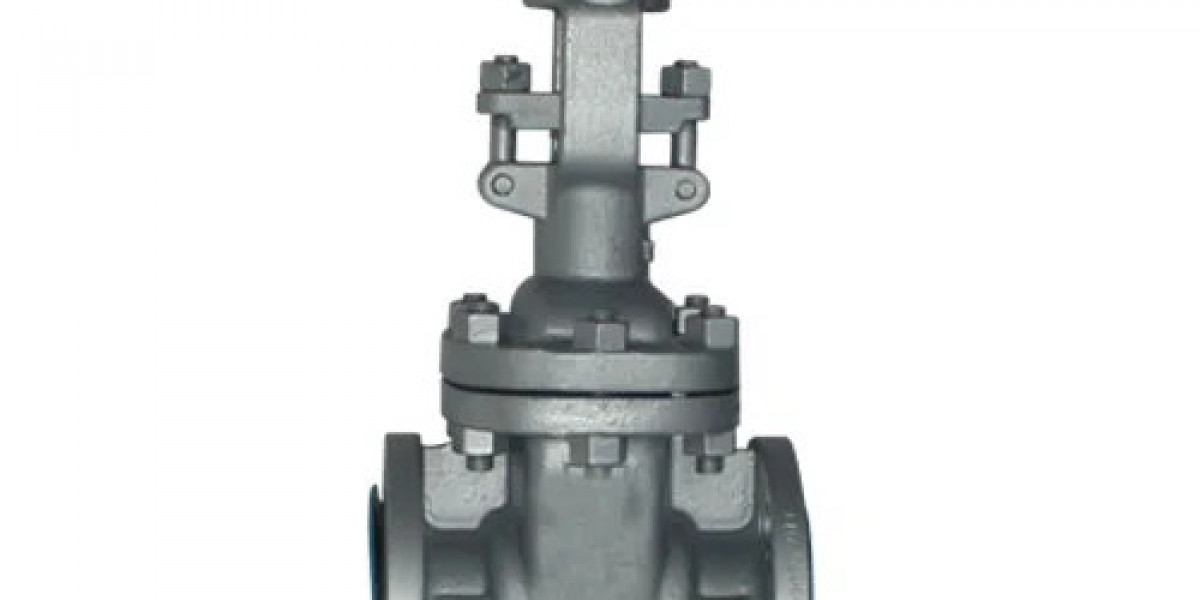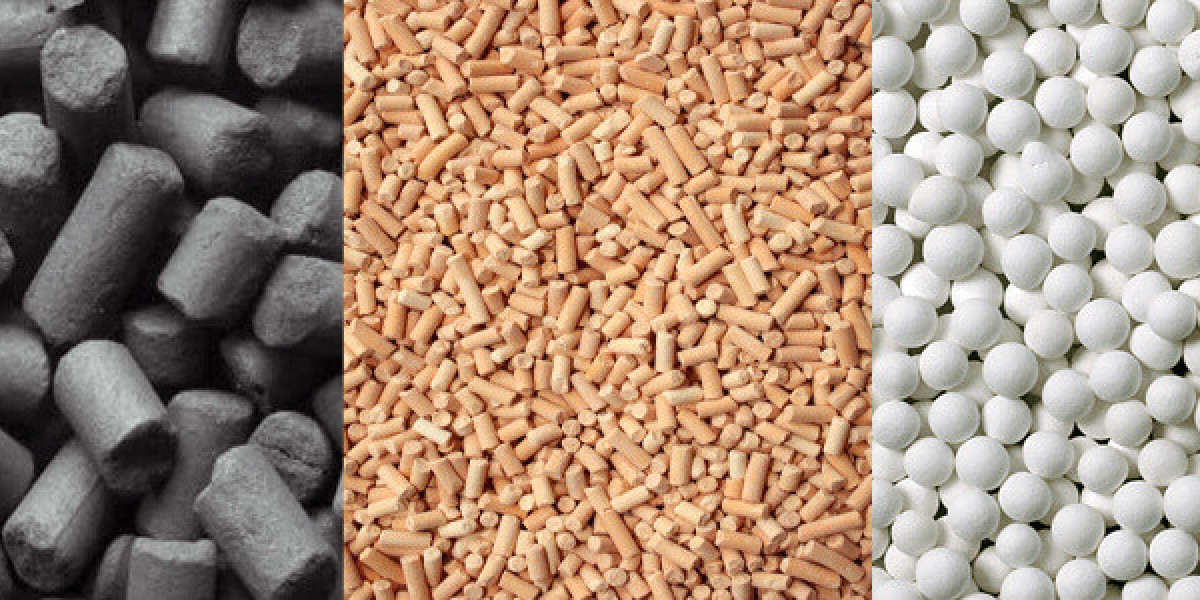Gate valves are essential components in fluid control systems, used to regulate flow in pipelines. Selecting the right material for gate valves is crucial to ensuring efficiency, durability, and longevity in various industrial applications. The choice of material directly impacts performance, resistance to corrosion, and compatibility with the transported media. This guide explores different gate valve materials, helping you determine the best option for your project.
What Are Gate Valves?
Gate valves are linear-motion valves designed to stop or allow the flow of liquids or gases. These valves function by lifting a gate (or wedge) out of the path of the fluid. They are widely used in industries such as oil and gas, water treatment, chemical processing, and power generation. The material of a gate valve plays a critical role in its operational efficiency and resistance to environmental conditions.
Common Materials for Gate Valves
Selecting the appropriate gate valve material depends on factors like pressure, temperature, and the type of fluid being handled. Below are the most commonly used materials for gate valves:
*1. *Cast Iron Gate Valves
Overview
Cast iron is one of the most widely used materials for gate valves in low-pressure applications. It is strong, cost-effective, and suitable for water distribution systems.
Advantages:
Cost-efficient for low-pressure applications
Excellent machinability
Resistant to wear and tear
Disadvantages:
Not suitable for high-pressure or high-temperature applications
Prone to corrosion in certain environments
*2. *Ductile Iron Gate Valves
Overview
Ductile iron is an improved version of cast iron with better mechanical properties. It provides higher strength and toughness while maintaining affordability.
Advantages:
Higher tensile strength than cast iron
Good resistance to shock and vibration
Suitable for water and wastewater applications
Disadvantages:
Heavier compared to other materials
Not ideal for highly corrosive environments
*3. *Bronze Gate Valves
Overview
Bronze is a copper-based alloy known for its corrosion resistance, making it ideal for marine and potable water applications.
Advantages:
Excellent resistance to seawater and chemicals
Long service life
Suitable for low to moderate pressure systems
Disadvantages:
Not suitable for high-temperature applications
Can be more expensive than cast iron
*4. *Brass Gate Valves
Overview
Brass is a copper-zinc alloy known for its superior machinability and corrosion resistance.
Advantages:
Good corrosion resistance
Suitable for potable water systems
Cost-effective for low-pressure applications
Disadvantages:
Not ideal for extreme temperatures or high-pressure applications
Susceptible to dezincification in aggressive water conditions
*5. *Stainless Steel Gate Valves
Overview
Stainless steel is a premium material offering high resistance to corrosion and extreme temperatures. It is commonly used in chemical processing and food industries.
Advantages:
Excellent corrosion resistance
Suitable for high-temperature and high-pressure applications
Durable with a long lifespan
Disadvantages:
More expensive than other materials
Can be challenging to machine
*6. *Carbon Steel Gate Valves
Overview
Carbon steel is known for its strength and durability, making it suitable for high-pressure and high-temperature applications.
Advantages:
High mechanical strength
Suitable for high-pressure pipelines
Cost-effective compared to stainless steel
Disadvantages:
Prone to corrosion in humid or saline environments
Requires additional coatings for improved longevity
*7. *Alloy Steel Gate Valves
Overview
Alloy steel gate valves offer enhanced mechanical properties, making them ideal for extreme conditions such as high-pressure steam applications.
Advantages:
High strength and toughness
Suitable for extreme temperatures
Resistant to wear and fatigue
Disadvantages:
Expensive compared to standard carbon steel
Requires proper maintenance to prevent corrosion
*8. *Plastic (PVC and CPVC) Gate Valves
Overview
Plastic gate valves are used in non-metallic piping systems for low-pressure and chemical applications.
Advantages:
Corrosion-resistant
Lightweight and easy to install
Affordable for water treatment applications
Disadvantages:
Limited to low-pressure applications
Not suitable for high temperatures
How to Choose the Best Gate Valve Material for Your Project
When selecting the ideal gate valve material, consider the following factors:
1. Application Requirements
What type of fluid will pass through the valve?
Will it be used in a high-pressure or high-temperature system?
2. Corrosion Resistance
Will the valve be exposed to seawater, chemicals, or harsh environments?
Stainless steel and bronze are excellent choices for corrosive conditions.
3. Pressure and Temperature Ratings
Carbon steel and alloy steel are better for high-pressure and high-temperature applications.
4. Cost Considerations
If budget constraints exist, ductile iron and brass offer a good balance between cost and performance.
Conclusion
Choosing the right gate valve material is essential for ensuring long-term performance and reliability. Factors such as pressure, temperature, corrosion resistance, and cost should guide your selection. Whether you need a valve for a water distribution system, chemical processing plant, or high-temperature steam line, there is a suitable material for every application.
By understanding the advantages and disadvantages of each material, you can make an informed decision that enhances the efficiency and longevity
visit us:- https://www.jsksteelmetal.com/products/gate-valve/







